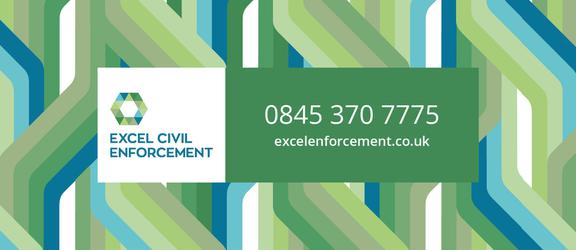
Insolvency with debt relief orders, IVAs CVAs and bankruptcy

There are so many options available to individuals who are encountering issues with debt and plenty of charities and helplines providing free advice and support. Conversely there are several web based forums offering advice that is not necessarily in the best interest of the individual.
It’s important that individuals understand the implications both long and short term for each solution and, when communicating with debtors, we always encourage them to seek appropriate advice and support.
We’ve put together a brief outline of the pitfalls for each insolvency solution:
Individual voluntary arrangement (IVA)
- Affects some jobs and employment prospects
- Stays on a debtor’s credit history for six years
- Is a public record
- Will include fees
- Is a long-term commitment
- Debtor may face bankruptcy if the IVA fails
- Debtor might be expected to re-mortgage their home
Company voluntary arrangement (CVA)
- Company credit rating will be adversely affected
- Company may have to make savings to the business which could include redundancies and a change to company structure
- Company may have to close if the CVA fails
Bankruptcy
- Will remain on debtor’s credit history for up to 10 years
- Will be a matter of public record
- Debtor will lose any property such as their home or car unless exempt from sale
- Debtor will lose all credit cards
- Debtor will still have to pay student loan debt
- Debtor may be asked by a judge how they got into debt
- Debtor will have to inform the official receiver of any windfalls such as inheritance or lottery wins
- Debtor will be restricted from becoming a company director or from forming a limited company
Debt relief order (DRO)
- Will remain on debtor’s credit history for 6 years
- Debtor can’t borrow more than £500 without telling the lender about their DRO
- Debtor cannot act as a company director
- Debtor cannot create, manage or promote a company without permission from the court
- If the debtor manages a business, they must tell the people they do business with about their DRO
At Excel we believe that knowledge is a powerful thing and when dealing with debtors ensure they have fully understood and considered the implications of each insolvency solution



